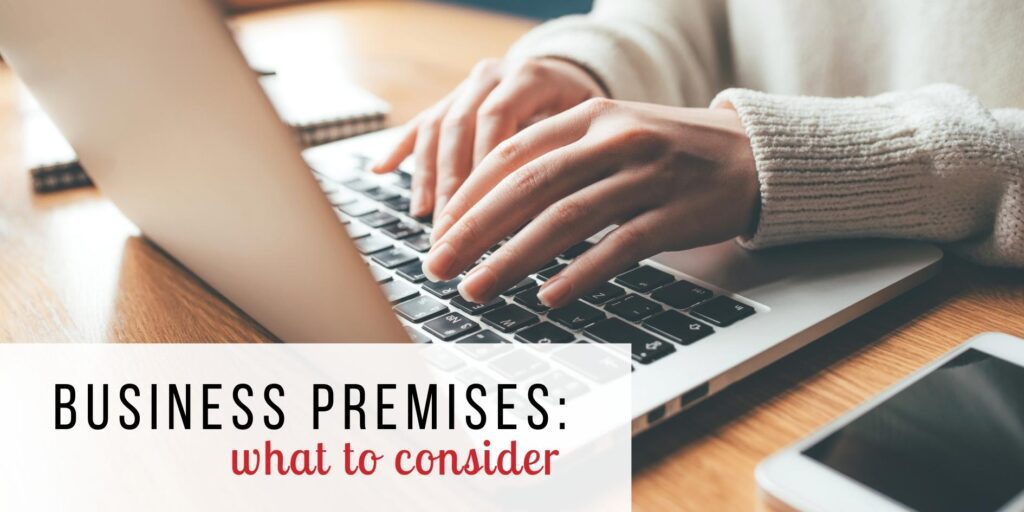08 Jan Five Things To Consider Before Buying or Leasing Your New Business Premises

Finding the right site for your business can be a long and difficult process. Make sure that you don’t waste time and money or end up with a planning headache by researching the five questions below as part of your due diligence before you sign on the dotted line.
1. What is the best zone for your business?
Find out what type of Zone (e.g. Business Zone, Industrial Zone) is best for your business or that you are allowed to run in. Different Zones will have different preferred uses. You may find that there are some places where you are prohibited from operating, and also some places where you don’t need a planning permit. Some areas will also have different car parking requirements for your activity. It is important to know what applies so that you don’t get caught short.
Tip: It may be worth speaking to a town planner (council/private) about what your business does to work out what category it falls into.
2. Will you need a planning permit?
Check if a planning permit is needed for your business or for any changes you need to do, this can include things like signage or additions to the building. Remember to factor in time as the planning process is likely to take several months or more. For more information on how long a planning permit can take you can read up my advice on this post.
Tip: In some cases you may be able to make the sale or lease subject to council town planning approval, which means that you won’t end up with a useless property if your application is refused. You will need to speak to the real estate agent or owner to see what you can negotiate.
3. What planning permits have been approved before?
Request a history search from the local council to find out what planning permits have been approved. Make sure you get copies of the plans as well. Getting the copies of plans will be helpful if you need to apply for a new planning permit, as you now have a set of plans that you can use to create your plans.
Tip: Many local councils have forms on their website to request the history search.
4. What restrictions are there on approved planning permits?
If you will be running the same type of business as what was previously there it is important to remember that planning permits run with the land. For example, I was recently contacted by a cafe owner who had just become aware of an old planning permit for a previous cafe which restricted the number of customers. This restriction still applied to them, even though they were a different business. They now have to try to get approval to increase the number of customers that they can seat and there are no guarantees that it will be approved.
Tip: If you don’t understand any of the planning permit conditions speak to a town planner to help you with what it means.
5. What car parking is provided?
Car parking is often the biggest consideration for commercial planning permits. Find out whether you will have parking available for just your business, or if the car parking is for everyone with no ownership of individual spaces. If car parking is in common ownership find out if you are given a specific number of car spaces in the lease as this may be needed to justify your application.
Find out how many car spaces the Council will require for your business and tailor your search to properties that meet or come close to this number to avoid a planning headache.
Tip: In some Zones up to 10 car spaces will be waived, meaning that even if you are short those spaces you won’t need approval for a car parking reduction.
Doing some research with the local council town planning department before you settle on a property for your business may save you from a costly mistake. As they say forewarned is forearmed. We have helped many business owners start or expand their businesses with the necessary planning permit. Speak to us today if you want to discuss the suitability of a site for running your business, or if you need help expanding your premises.

